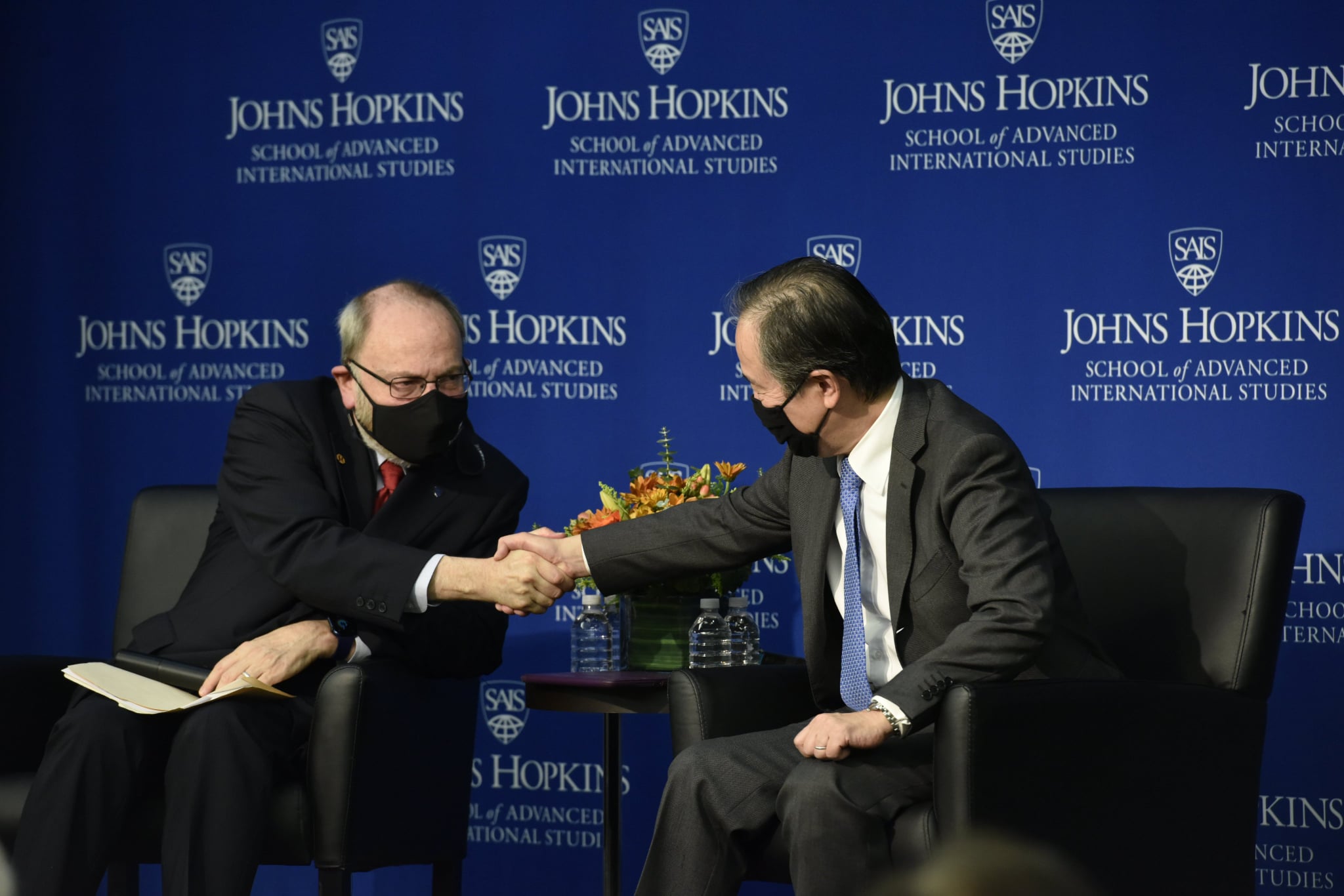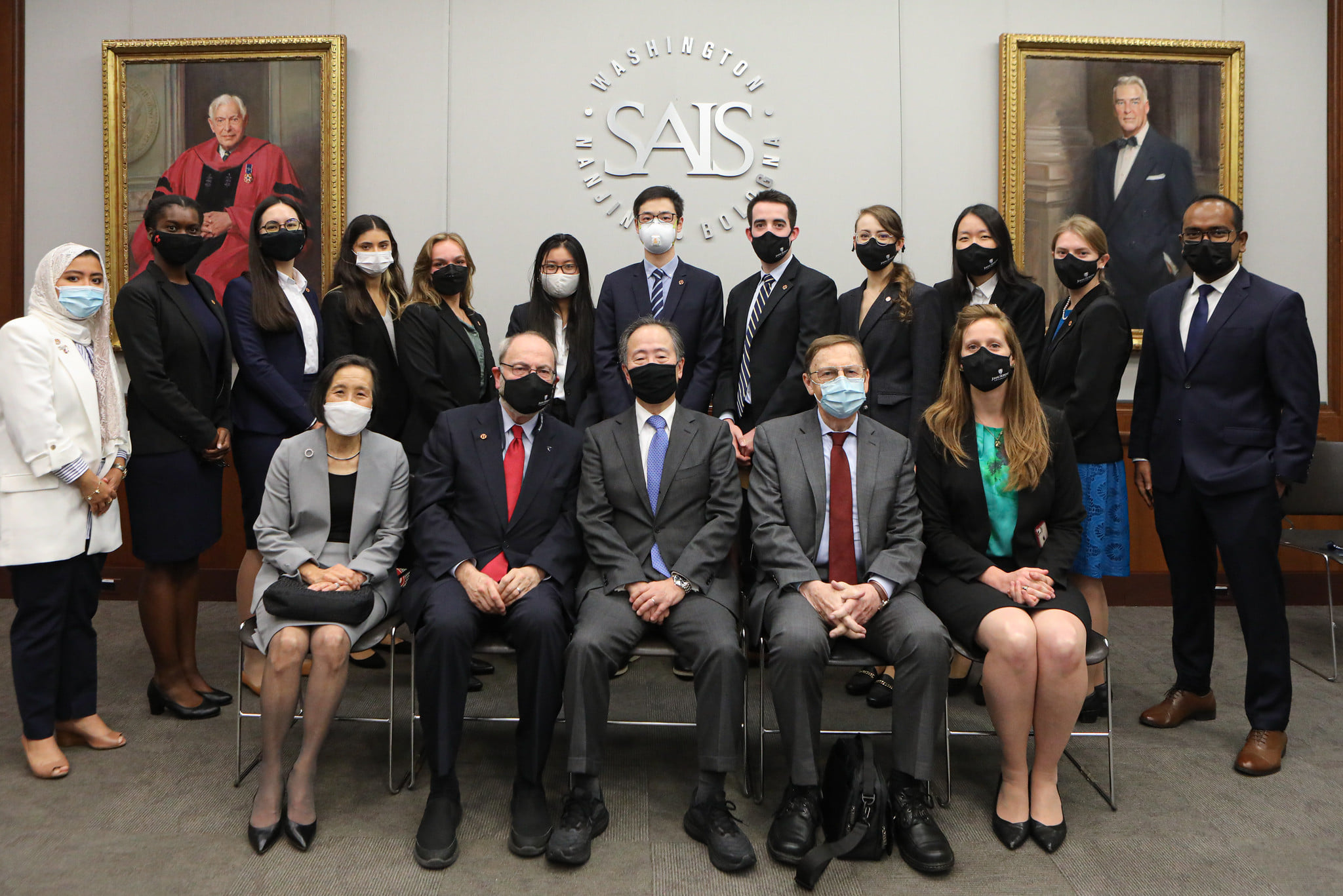Reischauer Memorial Lecture: US-Japan Relations in the Post-Covid World
Reischauer Memorial Lecture: US-Japan Relations in the Post-Covid World
On October 25th, Ambassador Koji Tomita delivered the 2021 Reischauer Memorial Lecture. Reflecting on his time as Japanese Ambassador to Israel and South Korea, Amb. Tomita highlighted the important role of diplomats in addressing the “broken dialogue” between countries, a concept first outlined in U.S. Ambassador Edwin O. Reischauer’s 1960 article “The Broken Dialogue with Japan.” Although the development of communication technology has changed the role of diplomats today, Amb. Tomita emphasized the importance of finding coherence and building trust in diplomatic efforts.

As the current Japanese ambassador to the U.S., Amb. Tomita explained his outlook on the future of the U.S.-Japan alliance in the face of rising international strategic competition between liberal democracy and authoritarianism. He discussed four major areas that require close collaboration between the two countries: upgrading deterrent and responsive capabilities in the Indo-Pacific, strengthening economic resilience and competitiveness, responding to threats to global society such as COVID-19 and climate change, and advancing diplomatic efforts to create an international community with shared values and principles. Amb. Tomita highlighted several efforts that the U.S. and Japan have already undertaken in order to meet these goals, including those by the QUAD to address vaccine cooperation and to deepen diplomatic ties in the Indo-Pacific region. In the Q&A session, Amb. Tomita recognized the increasing complexity of U.S.-Japan cooperation, but emphasized that this situation poses as an opportunity for the two countries to work for the global good.

Categories
© 2025 The Edwin O. Reischauer Center for East Asian Studies at the Johns Hopkins School of Advanced International Studies (SAIS), a division of the Johns Hopkins University. All Rights Reserved.
Sitemap | Custom WordPress Design, Development & Digital Marketing by time4design.


